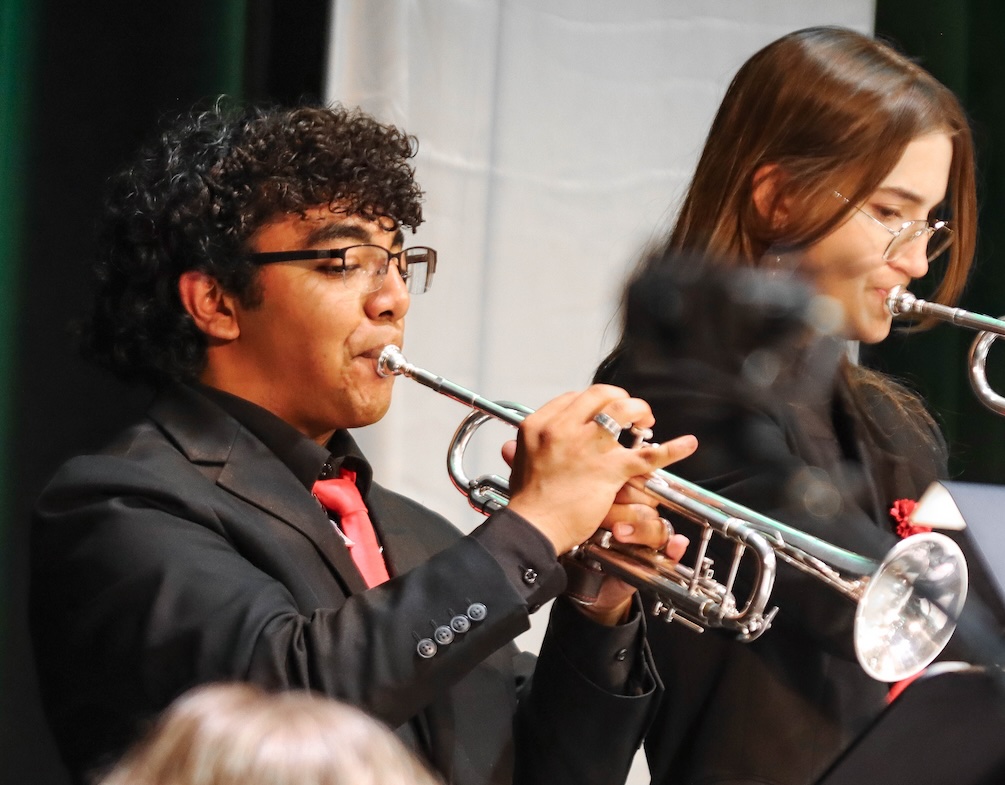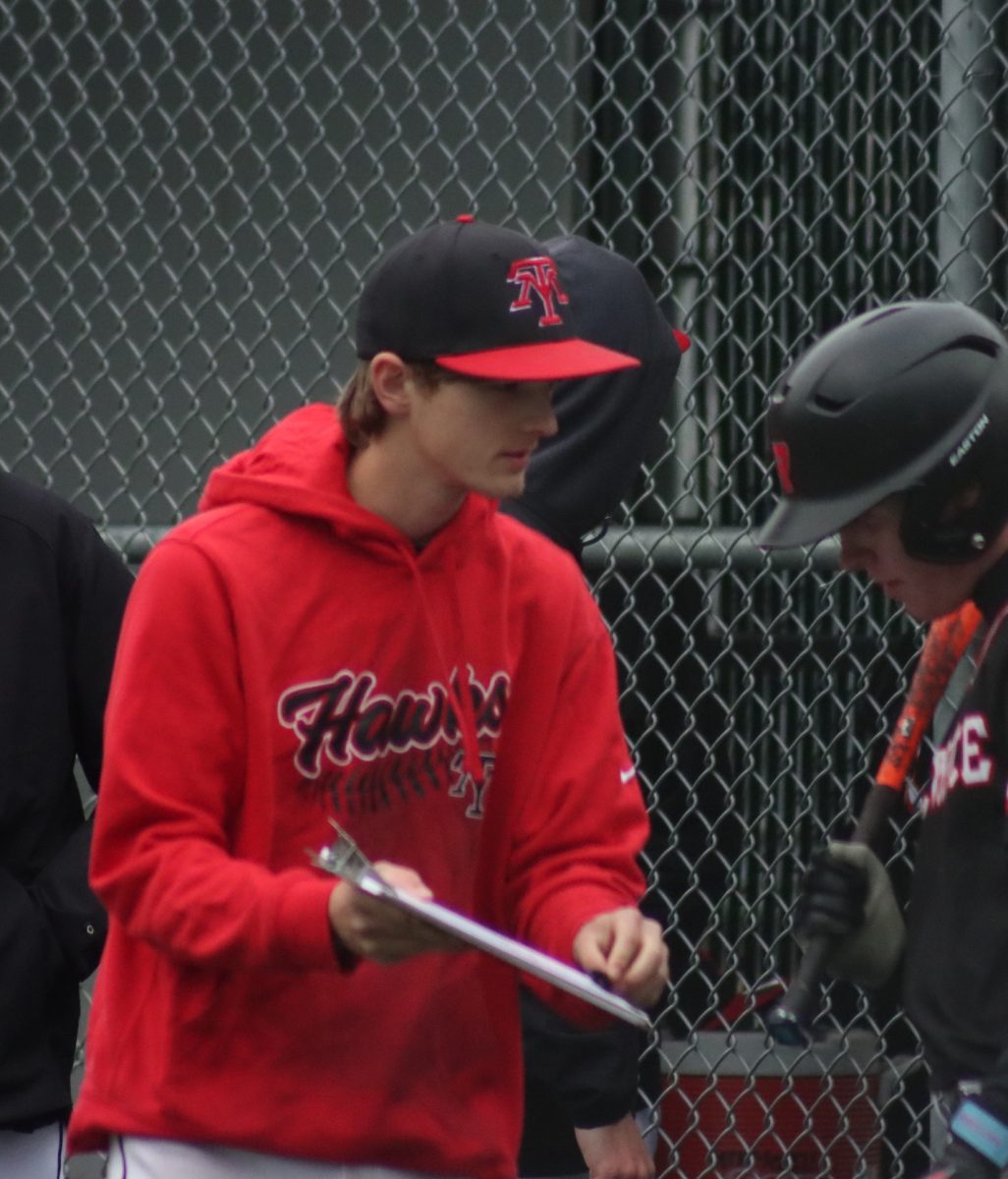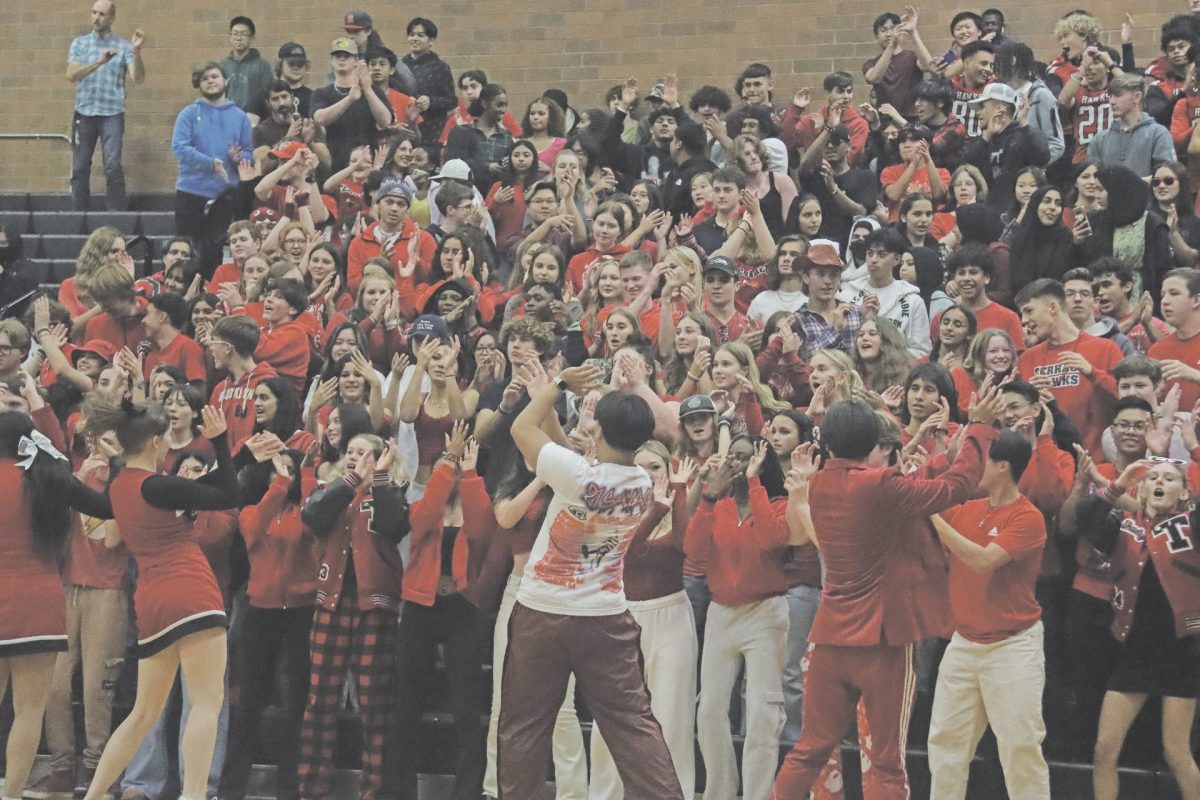
Did you know that certain teachers across the country are now being taught by administration to coerce students into a confession? With the new school year and the class of 2027 joining Mountlake Terrace High, there comes a moment when students need to be reminded of their Fourth and Fifth Amendment rights, especially as they’re being violated by administrators across the country.
According to multiple sources, including The New Yorker, Juvenile Justice Information Exchange (JJIE), and Harris County Criminal Lawyer Association (HCCLA), more principals and administrators have been trained alongside school resource officers to interrogate students with the goal of a confession, whether guilty or not, for years. This technique of student interrogation has existed for a long time, and has been witnessed by many in order to draw out a confession from students aged from elementary to high school.
According to The University of Michigan Law School, 40% of suspects under 18, 53% of 14 to 15 year olds, and 86% of the few who were 13 years old or younger falsely confessed to their crime. UMich Law School also provided a Miranda Supreme Court campaign to outlaw the use of violence by police during interrogation. Though now, Miranda has allowed a more modern technique of interrogation now involving a more psychological take, instead of physical, in order to get a forced confession.
Teachers do not have the right to search through your phone.
Incommunicado is the taking of one’s right to contact or have any communication with people outside of an interrogation room.
This practice of taking away one’s phone in order to isolate and force them into a situation where pressure arises has been popularly used by cops, teachers, as well as domestic abusers. It forces a suspect to speak or confess to the current standing authority, such as a police officer or a teacher.
Teachers and authorities cannot search through your phone unless under an emergency or from a search warrant issued by a judge that is based on ‘probable cause’ of the keeping of information having to do with a crime.
According to My School, My Rights (MSMR), you, as a student have the right to keep what’s in your phone private even if you break a school rule, disrupt class, use your phone when otherwise not allowed, or, and especially when, your school wants to search your phone for any other reason having to do with another student, such as a separate investigation involving another student. You can refuse the school to search your phone and request to speak with a parent or another adult before you make a further decision. You can also agree for authority to search your phone and ask what part of your phone they are going to search. You can say no to signing a waiver the school gives you in order for them to look through your phone legally.
If there is a warrant to search through your phone, you should always have an adult, such as your parent, present, and you should read through the warrant carefully before they conduct the search. Officials are not allowed to look through everything on your phone, only certain aspects that have to do with the crime you are being searched for. School officials are never allowed to conduct a search via warrant, searches issued by a judge must be done by legal officials.
It is important to note that within Washington state, schools are allowed to confiscate phones until the end of the day if they violate the school’s policy of no phones. They are also allowed to restrict when you can use your phone within school.
If your school breaks any rules for searching, according to MSMR, you can demand for the school or officials to delete any illegal evidence or data collected during the search.
You do not speak with any sort of authority without your parents present as a minor.
In the case when you are called into a private room or office, if police officials are present, they may try to question or interrogate you as a minor.
In this instance, it is extremely important for you to express your Fourth and Fifth Amendment right. Police and any authority have no right to interrogate you without a parent present. You should not talk to them or answer any of their questions, you should simply respond to them with, “I will not talk or answer any of your questions without a parent or guardian present.”
There are limits to what your school can search for.
Schools will attempt to search students for a variety of reasons, from weapons,to drugs, to any sort of item that is against school rules. When you are a minor, it is extremely important to note your rights concerning anything to do with a search.
Although searches of one’s bags and belongings are allowed, it is only allowed under certain circumstances, or ‘reasonable suspicion’.
What is ‘reasonable suspicion’? And how far does it allow the school to search you?
There is no exact definition of ‘reasonable suspicion’ for every circumstance, especially concerning student belongings. According to Maricopa County, “Reasonable suspicion has been defined by the United States Supreme Court as ‘the sort of common-sense conclusion about human behavior upon which practical people are entitled to rely.’” One very notable requirement for a reasonable suspicion search is this ‘suspicion’ must have some basis in reality. It cannot be a hunch, it cannot be a rumor, it cannot be a ‘feeling’.
The search should also only continue to what your circumstances concern; schools should not continue searching random items or belongings when they do not concern the reason for the search. You as a student are allowed to say no to any search that school and authority conveys. MSMR states If you do not consent to the search you must make that clear to school officials or authority, however, do not try to stop the search through physical violence or interference.
MSMR also states that police officers at your school must at minimum follow the same rules as school officials. Do not believe that officers have more power over you than school officials. Schools can conduct random searches in school using items like drug sniffing dogs, metal detectors, and drug tests, but only if you are doing extracurricular activities, though this may vary depending on the school.
Officials are not allowed to use any evidence in court if it was an illegal search.















